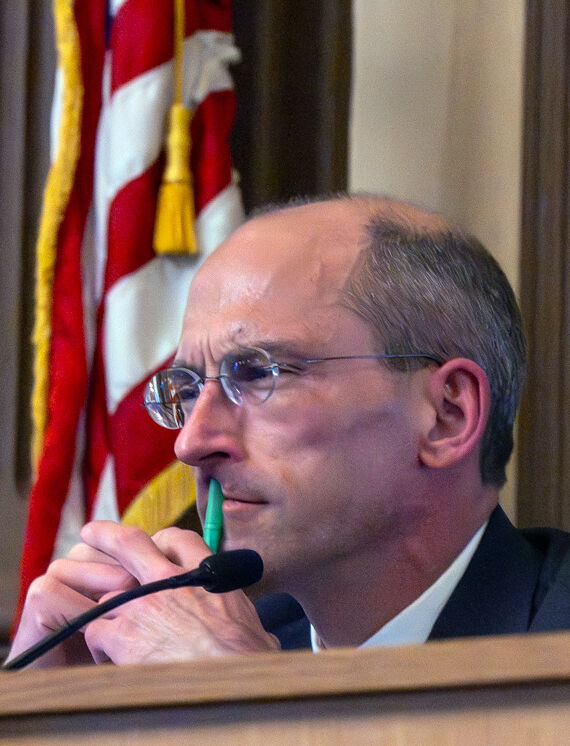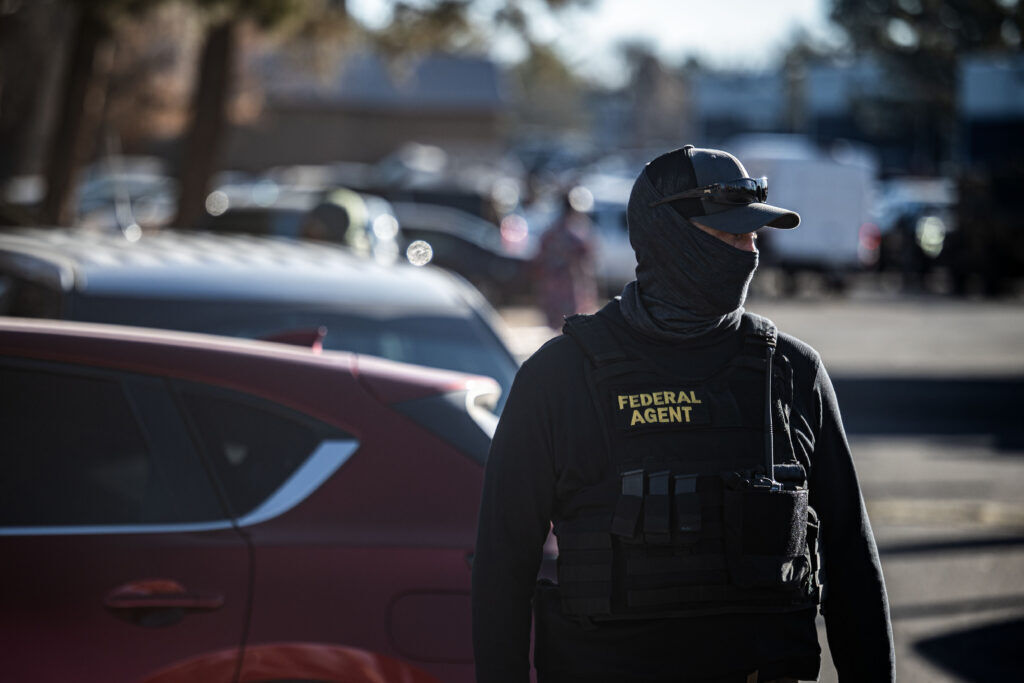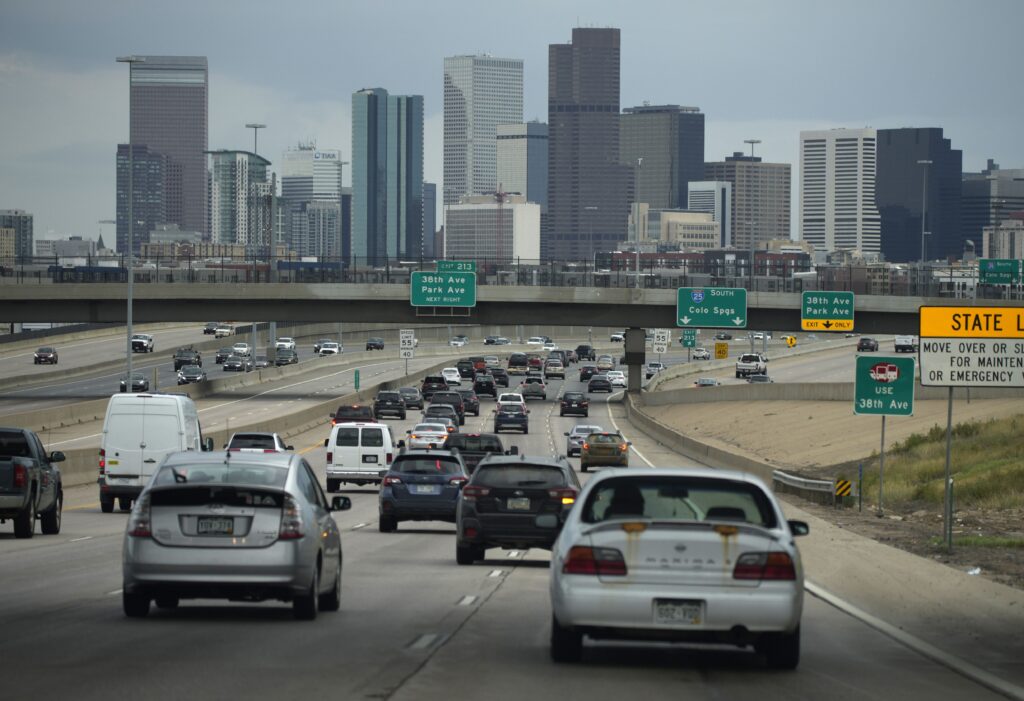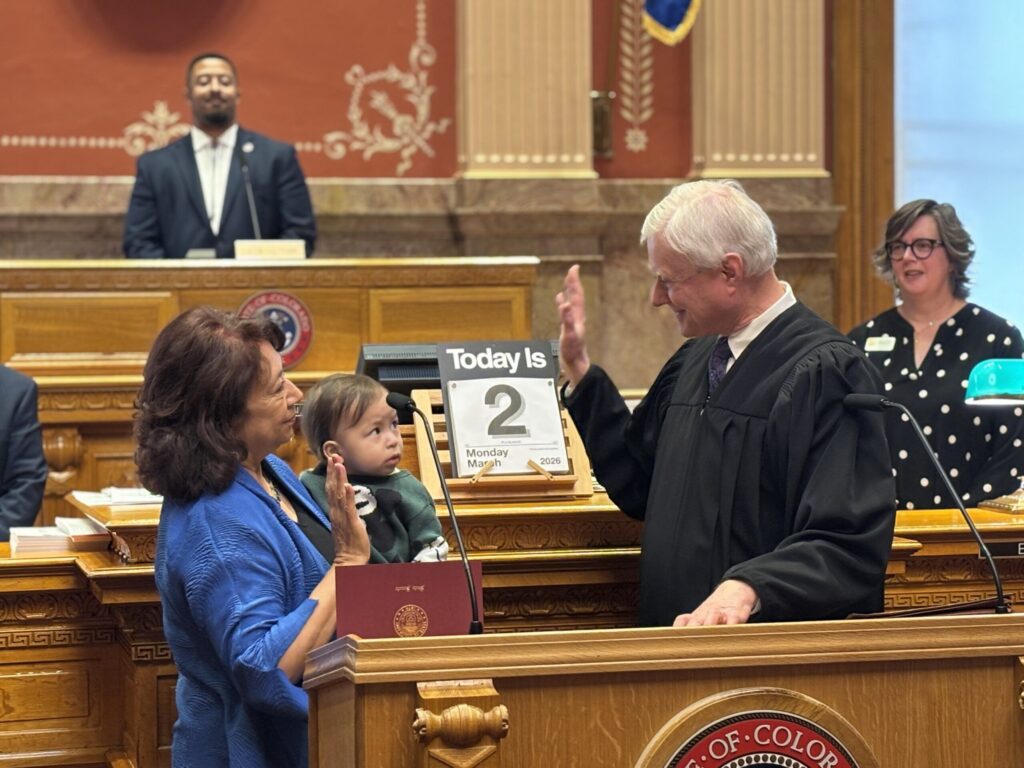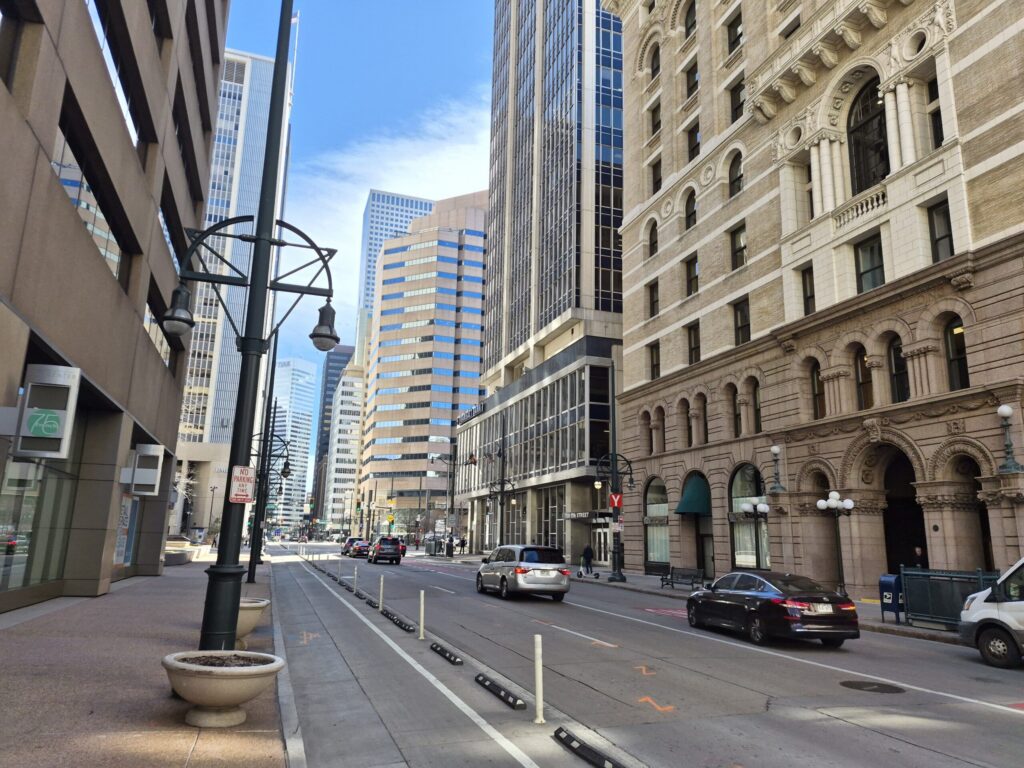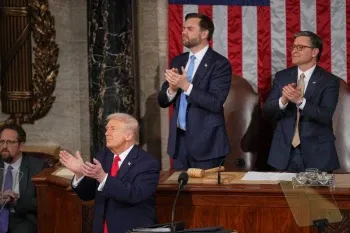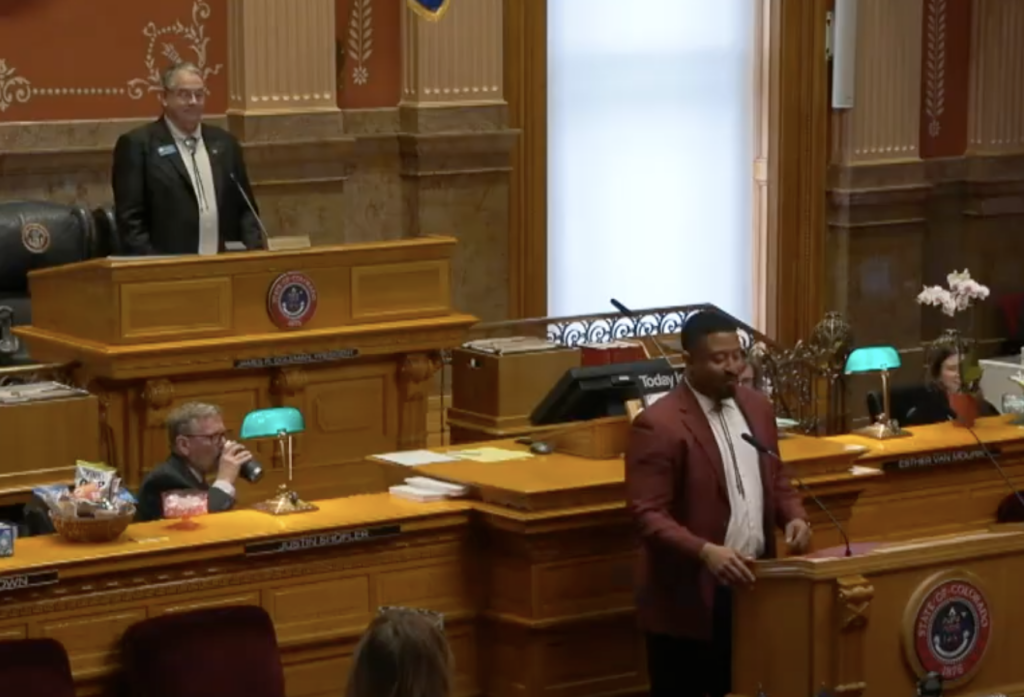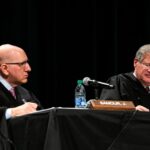City Council barely approves new Municipal Court fee to help fund police technology

Colorado Springs took a big step to implement a new municipal court fee to help cover a portion of the Colorado Springs Police Department’s technology costs.
The police technology surcharge was barely passed 5-4 by the Colorado Springs City Council at the Monday morning meeting. Some of the Council’s fiscally conservative leaders opposed the fee as a funding solution and worried it might undercut an effort next year to increase the city’s public safety sales tax.
The surcharge was approved by Councilmembers Tom Bailey, Dave Donelson, Nancy Henjum, Kimberly Gold and David Leinweber.
The city currently issues $65 in fees for anyone convicted in Municipal Court of a crime or traffic violation. The fees include a $35 charge to help fund school zone safety programs and a $5 surcharge toward the court’s technology needs.
Deputy Police Chief John Koch said the total cost of technology eligible for the fees was around $4 million. That included police body cameras, Flock traffic cameras, AI-powered video transcription software and a contract for the police’s Taser system that has doubled in cost over the last year.
Koch said the technology is currently covered by the city’s General Fund or grants, both sources that were struggling this year.
“It’s just not sustainable long-term, especially as we look at the continual need to add technology and address some of these things for the police department,” Koch said.
The ordinance does not set the amount of the fee, which would be up to the Mayor’s Office to decide. Koch said a $20 surcharge would potentially bring in $544,000 per year for the police department.
Council President Lynette Crow-Iverson asked how the city would fund the police technology if there was a major decline in crimes that reach Municipal Court. Crow-Iverson also worried that new fees would be unpopular with the public.
“It’s going to make it harder to pass a (Public Safety Sales Tax) and that’s really what is going to fix this problem with the police and fire department, is something very substantial like increasing that. I have a really hard time (with) how this is going to be sustainable,” Crow-Iverson said.
Councilmember Henjum said that any ballot measure to increase the public safety sales tax would be at least a year away, even if voters approved it during the 2026 election. Other officials emphasized that the fee only applied to people after they are convicted in Municipal Court.
“Citizens, I think, believe that if you break the law, you should be the one paying for some of the technology and the equipment our police officers need to enforce the law, versus a tax-everyone approach,” Donelson said.
The City Council also passed a second, loosely-related ordinance Monday to ensure that Municipal Court judges can waive surcharges in certain cases outlined in state law. The change passed 7-2, with votes against from Crow-Iverson and Council President Pro-Tem Brian Risley.


